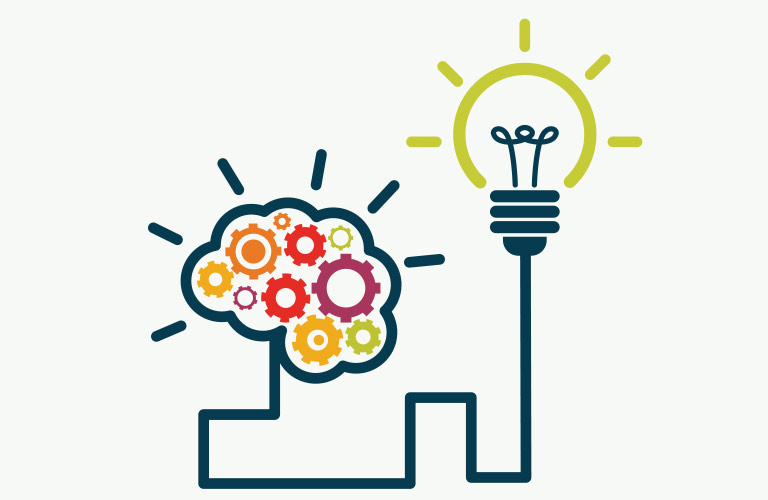October 2018
Knowledge is power. That’s what they say, so expanding your knowledge and learning is essential when immersed in such a fast-paced environment. The digital marketing landscape shifts at an alarming rate. Tomorrow's trend emerges as quickly as yesterday’s was forgotten. Keeping up to speed with the industry, new techniques and best practices a must. At KPC we are encouraged, and lucky enough to be pushed, to attend training courses and to seek out extended qualifications.
I saw a course hosted and run by Jellyfish Training on Conversion Rate Optimisation. I knew this would be an excellent opportunity to expand my knowledge to help with the all-important optimisation of KPC’s clients’ websites. Also, Jellyfish’s London office soars over our capital’s skyline, so a day in the Shard looked to be pretty awesome.
This was my second course at Jellyfish, so I knew what to expect from the day, regarding structure, the venue and the depth of knowledge sharing. With just two of us in attendance, it meant that we had the opportunity to focus on real life examples that we had or were currently experiencing.
As a digital designer, designing for the web, social and other digital channels, I wanted to understand how users are interacting with the content, design and the layout of a website. Is their experience a positive or negative one? What stops them from making a purchase, clicking a button or taking an action? Similarly, what drives them to make a purchase, or feeds their need to take an action? I hoped the course would help answer some of these questions.
We discussed and explored the basic principle of what a conversion is, how to measure and how to influence users to take an action. With a relatively good understanding of user experience, I was able to hit the ground running. Learning about the tools that can help make informed recommendations across various aspects, such as: user research, user experience, user intent and testing was incredibly insightful. No more second guessing. I learnt so much as we began to dissect live examples.
You’ve probably heard the phrase, data is more valuable than gold. What we learnt re-affirmed and supported that phrase. Research and data analysis are fundamentally essential to inform and support further marketing outputs, both online and offline. The best thing is you can measure it, report on it and improve on it. Quickly.
1. Knowledge is power! Data, audience, user, emotion and search research is critical. Without the data, we are only guessing, it’s only an opinion, not a factual statement. Start by looking at your website’s Google Analytics. This platform can reveal some great insights into how users are interacting with your site. Hotjar is another fantastic heat mapping tool that illustrates how the user navigates through your website. Plus there is a free version.
2. There is no secret formula to conversion success, you must adopt a structured process of ‘learning by doing’. Digital marketing allows you to ‘fail fast’, and to try different approaches. As long as you are measuring, you can see what works and what doesn’t.
3. Split testing using Google’s 360 suite. An incredibly powerful and cool set of tools from Google that allow you to test variables against a control version of your website to see what works and what doesn’t. No need for a developer to code new pages, it can be done right in the 360 platform.

The course has equipped me with some great tools and knowledge that I can now apply to our clients’ digital outputs and to support an increase in conversions. All in all, I would strongly recommend checking out the courses from Jellyfish. The trainers are great, full of current and up to date knowledge and insights.
The details of the CRO training course can be found here.

